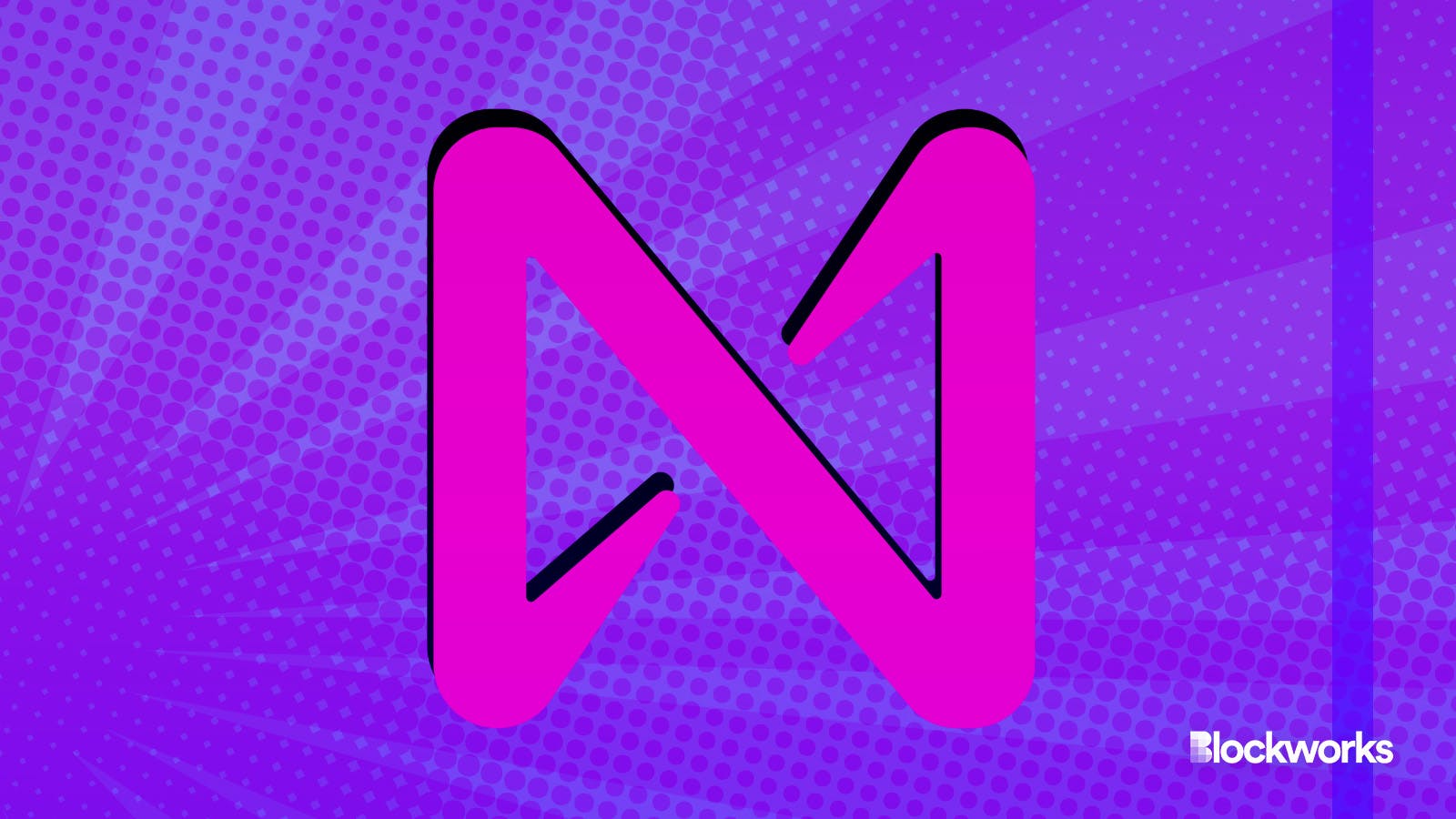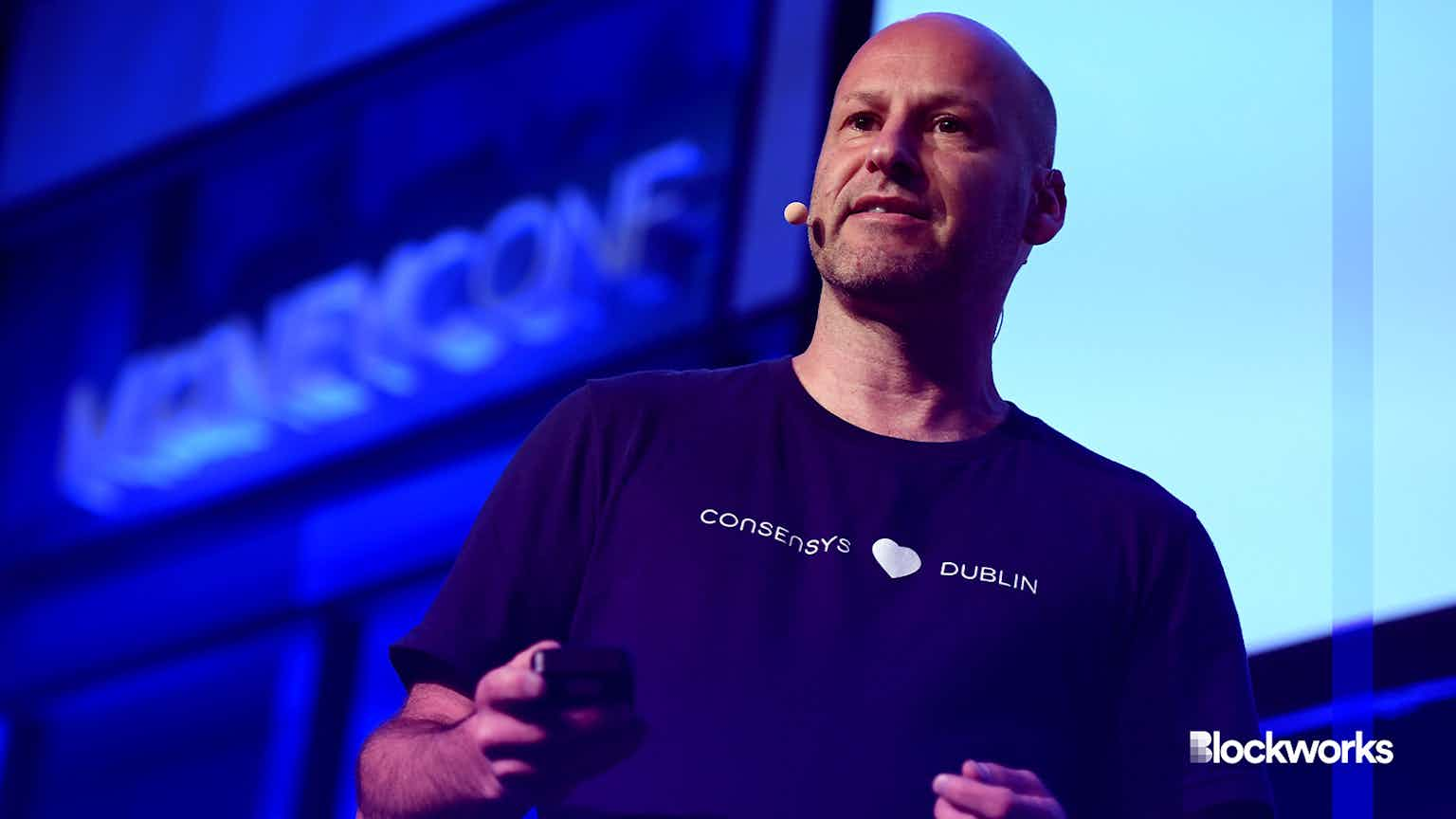NEAR launches tool for signing transactions on Bitcoin, Ethereum and more
At launch, Chain Signatures will be compatible with Bitcoin, Ethereum and Cosmos network chains, as well as DogeCoin and XRP Ledger

NEAR Foundation and Adobe Stock modified by Blockworks
Swiss non-profit organization NEAR Foundation has launched “Chain Signatures,” enabling users to sign transactions on supported blockchains from a single NEAR account.
Chain Signatures enables accounts and smart contracts on NEAR to sign transactions for different chains. At launch, this will include Bitcoin, Ethereum and Cosmos network chains, as well as DogeCoin and XRP Ledger. It will soon support Solana, TON Network and Polkadot, according to the team.
By enabling Chain signatures, DeFi protocols can utilize assets from other chains without requiring a cross-chain bridge. This is possible because Chain Signatures are designed to be account-based rather than bridge-based.
Read more: NEAR Foundation applies for .near top-level domain
According to Kendall Cole, director of research and development company Proximity Labs — which supports projects on NEAR and Aurora — Chain Signatures can potentially unlock new use cases for DeFi protocols.
“Users can use XRP as collateral to borrow USDC, or trade DOGE for SOL. This is particularly innovative for non-smart-contract chains like Bitcoin, DogeCoin and Ripple because none of the major bridges support these chains today,” Cole said.
NEAR protocol documents show that Chain Signatures link NEAR account addresses to other blockchains using an Additive Key Derivation. This mechanism enables the single master key to be derived into multiple subkeys.
When a user wants to transact between different blockchains, a deployed multichain smart contract will make a signature request for the transaction on the target blockchain network, and a Multi-Party Computation (MPC) service will sign the transaction.
Read more: MPC wallets have a trade-off. Is it worth it?
Once the signature is obtained, the smart contract will return it to the user, allowing the user to send the signed transaction to execute it on the target blockchain.
“Smart contracts on NEAR will be able to custody assets on any chain (since they can sign transactions on any chain via chain signatures), and maintain user balances similar to how single chain lending protocols or DEXs do now,” Cole explained.
The Chain Signatures MPC network will be launched in partnership with EigenLayer, which will secure the network using its restaked ETH. At launch, there will be ten node providers, including a handful of Actively Validated Services (AVS) infrastructure providers.
“Post-launch, EigenLayer will be used to provide economic security to the network and transition the MPC network to a permissionless version. To participate in the MPC network, prospective node operators will need to re-stake their ETH and will be penalized if they maliciously authorize any transactions that did not originate from a NEAR account,” Cole explained.
Start your day with top crypto insights from David Canellis and Katherine Ross. Subscribe to the Empire newsletter.





